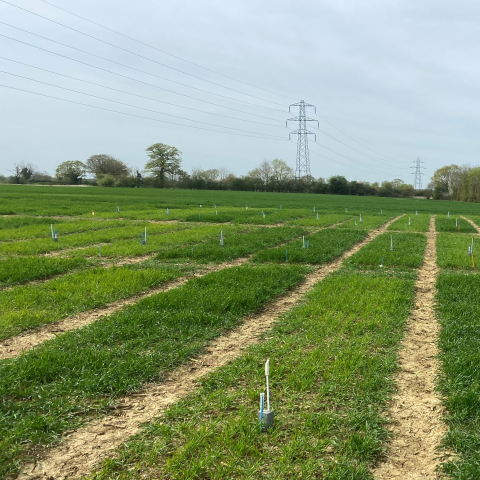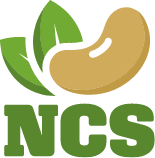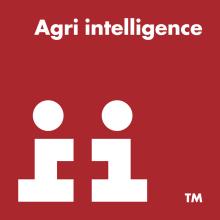Pulses are leguminous crops harvested for dry protein-rich seed, with peas (pisum sativum) and beans (vicia faba) being the major crops in the UK.

The aim of our small plot trials is to assess the beneficial effects of pulse and legume crops on successive non-leguminous crops, such as cereals, across the rotation. For this year we have two winter wheat trials running in Essex and Bedfordshire which are following winter bean crops and are looking at different nitrogen rates and timings of ammonium nitrate applications. Our trials will utilise real-time soil sensors to determine nitrogen availability during crop rotations and we will closely monitor the trials through RHIZA remote sensing capabilities and via drone flight software, Skippy Scout.
We also have 6 blocks of pulses/legumes growing which will form the foundation for further trials from this autumn. These blocks include winter and spring beans, combining peas, chickpeas, lupins and haricot beans. We are interested in looking at alternative nitrogen fixing species as farmers are looking at alternative crops to grow ahead of cereal crops but also crops such as lupins may be considered for farmers looking at different protein sources for their livestock rations.
Recommended Content
Connected Content
Nitrogen is required annually by most crops (except pulses) to achieve yield and quality. Judging how much N to apply is a key part of nutrient management.
Agrii harnesses the power of skilled agronomists and the best intelligence to deliver unrivalled expertise and support for sustainable and profitable farming systems in the UK.
Field beans (vicia faba) are a widely grown break crop across the UK on around 170,000 ha.
NCS project partners are conducting pulse cropping and animal feed trials as part of the NCS Project.




